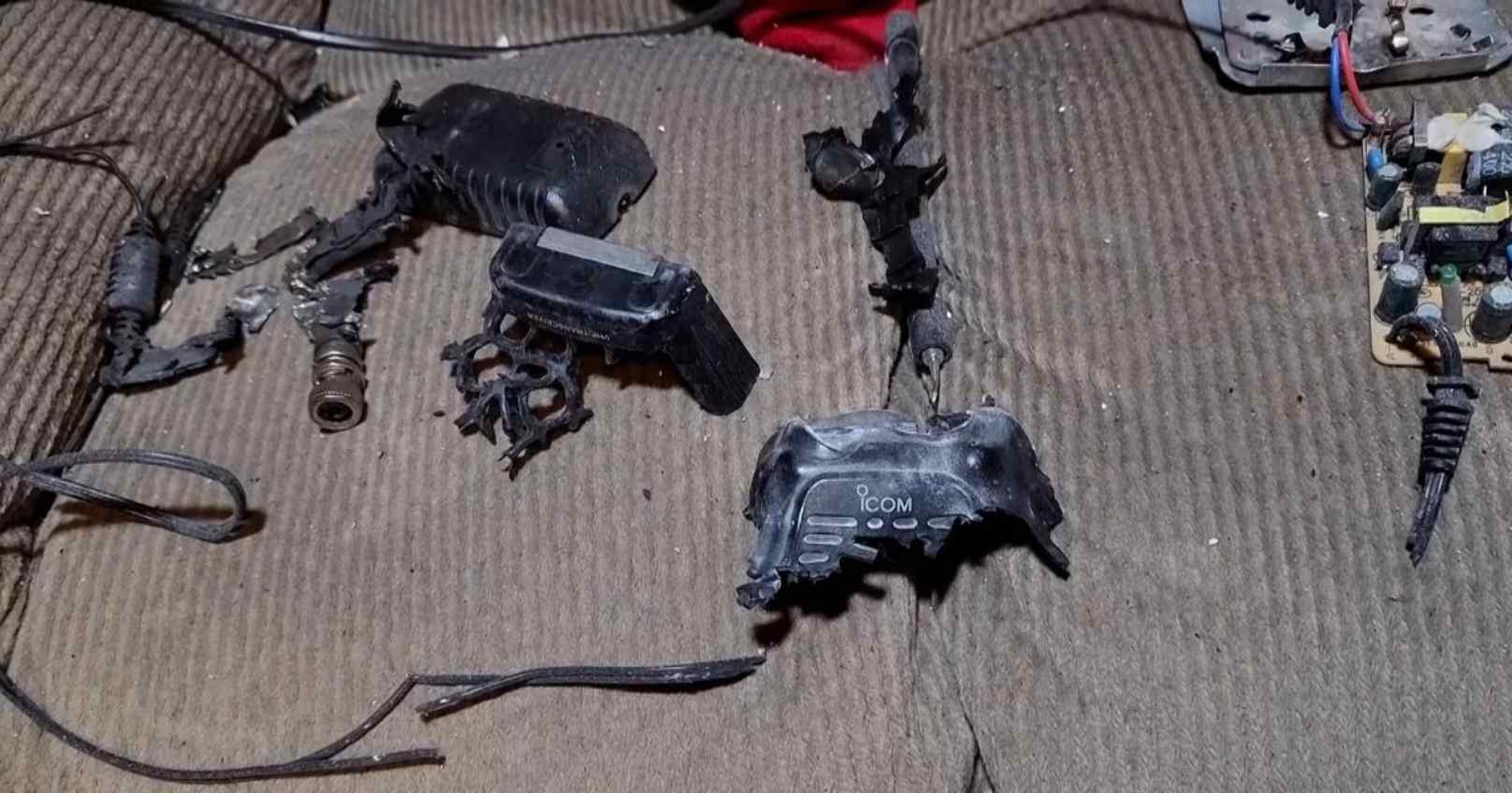At least 32 people have been killed and more than 3,250 injured after explosions involving communication devices used by Hezbollah members rocked the group's strongholds across Lebanon over the past two days, raising fears of a larger conflict with Israel.
On Wednesday, walkie-talkies used by Hezbollah members exploded in the group's Beirut stronghold, leaving at least 20 dead and over 450 injured. One of the blasts occurred near a funeral service held by Hezbollah for victims of similar explosions the day before.
Tuesday’s explosions involved pagers, which detonated in various parts of Lebanon, killing 12 people, including two children, and injuring around 2,800 others. Sources claim Israeli operatives remotely triggered explosives embedded in an order of 5,000 pagers intended for Hezbollah. The group has been using these low-tech communication devices in an attempt to avoid Israeli surveillance of mobile phones.
Hezbollah has accused Israel of being "fully responsible for this criminal aggression" and has vowed retaliation, although Israel has not officially commented on the incidents.
Following the blasts, Hezbollah reportedly fired rockets at Israeli artillery positions, but the Israeli military reported no damage or casualties.
The situation has prompted international warnings. The United States urged all sides to avoid escalation, with National Security Council spokesperson John Kirby emphasizing the need for restraint and non-military solutions. Meanwhile, United Nations Secretary-General António Guterres warned of a "serious risk of dramatic escalation" in Lebanon, calling for immediate efforts to prevent further conflict.
The United Nations Security Council is set to meet on Friday to discuss the escalating tensions in Lebanon, amid ongoing clashes between Israel and Hezbollah since the October 7, 2023, Gaza war, which began after an attack on Israel by Hamas, a Hezbollah ally also supported by Iran.







